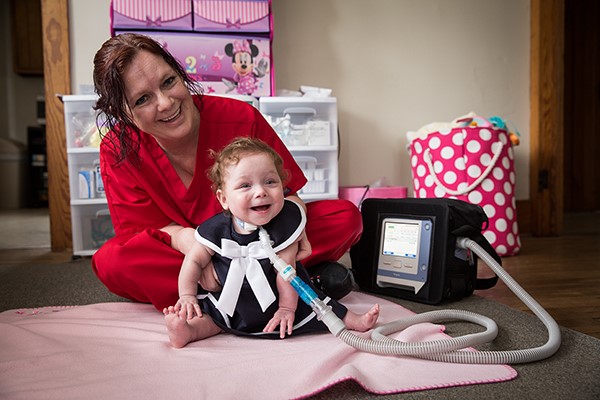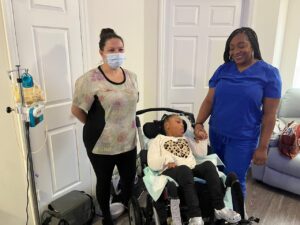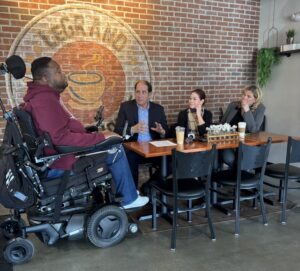Increased wages for pediatric home nurses can bring more hospitalized children back home to their parents.

ThinkAdvisor recently published an article about numerous cases across the country in which hospitalized children are cleared to return home but cannot due to the severe shortage of home care nurses. This means that these children must live in the hospital or other institution until they can get the nursing care they need at home. This lack of available skilled nurses has created a huge financial and emotional strain on these children’s parents and families.
So where are these nurses? Making higher wages in other settings and industries. Even though home nursing is almost always less expensive than hospital care, private insurance rarely covers the service and Medicaid pays very little for it. This leaves few nurses willing to work for these low wages, especially when they can receive higher pay in other settings or other industries entirely.
But it doesn’t have to be this way! Increasing the reimbursement rate for in-home nurses is possible, and increased wages increase parents’ access to in-home nursing care for their child. In Pennsylvania, for example, BAYADA home health care employees, clients, and clients’ family members advocated for a pediatric nursing rate increase and received a $5 per hour increase. BAYADA saw open hours for the program decrease by nearly 50% for one of our largest payors.
A parent coalition in Massachusetts successfully advocated for increased reimbursement rates after over a decade of stagnant rates. But in Massachusetts, the increase still is not enough—parents say that the wages remain too low to attract and retain enough home nurses for their state’s medically complex pediatric population.
In Pennsylvania, Massachusetts and in other states around the nation fighting an in-home nursing shortage, advocacy is the key. It’s important that we raise our voices about this issue so that legislators can understand what home care means to parents of medically complex children.
If you are interested in finding out what you can do to help bring these children home, let’s chat! Shoot an email to [email protected].







